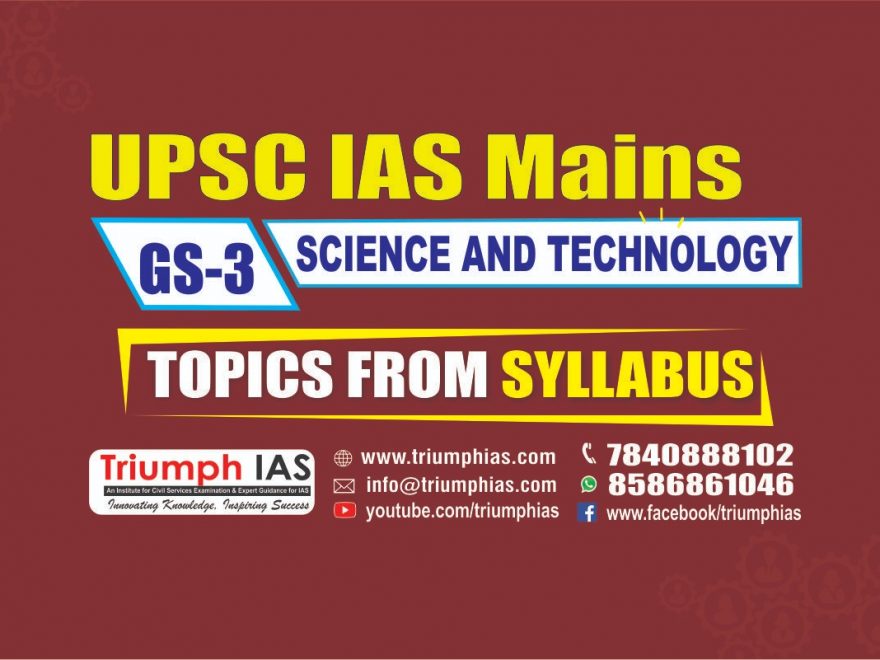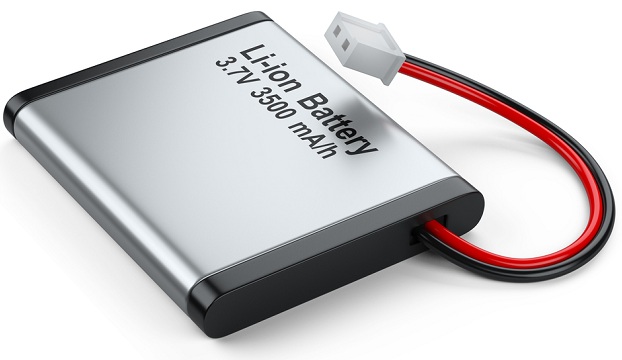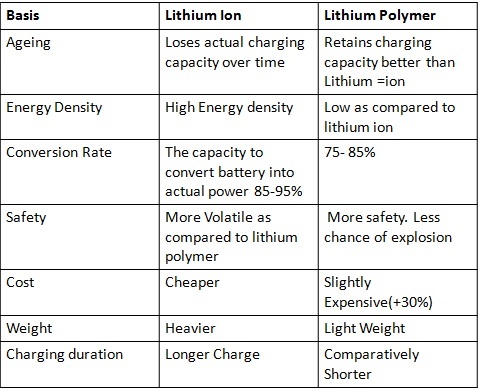Relevance: Mains: G.S paper III: Science and Technology
Why in news?
- In June 2018, the Central Electro Chemical Research Institute (CECRI) in Tamil Nadu’s Karaikudi, under the Council of Scientific & Industrial Research (CSIR), and RAASI Solar Power Pvt. Ltd. signed a Memorandum of Agreement for transfer of technology for India’s first lithium-ion (Li-ion) battery project.
Key highlights:
- India has quadrupled its imports of lithium-ion (Li-ion) batteries and more than tripled its import bill on the product, vital for powering a range of devices from cellphones to electric vehicles, from 2016-2018.
- The Ministry said 175 million such batteries were imported in 2016, 313 million in 2017, 712 million in 2018 and 450 million from January 1, 2019, till November 30 of that year.
- The cost of these imports rose from $383 million (Rs. 2,600 crore approximately) in 2016 to $727.24 million (Rs. 5,000 crore) in 2017, $1254.94 million (Rs. 8,700 crore) in 2018 and $929 million (Rs. 6,500 crore) in 2019.
- Indian manufacturers source Li-ion batteries from China, Japan and South Korea and the country is among the largest importers in the world.
- The Indian Space Research Organisation (ISRO) manufactures such batteries but volumes are limited, and they are restricted for use in space applications.
NITI initiative:
- To promote indigenous development of such batteries, the Union Cabinet in 2019 approved a programme, called a National Mission on Transformative Mobility and Battery Storage, under the NITI Aayog to “drive clean, connected, shared, sustainable and holistic mobility initiatives.”
- Electric vehicles are expected to account for a significant share in the growth of the Li-ion battery demand in India, though reports say this is unlikely at least until 2025 because electric cars are still significantly costlier than their combustion-engine counterparts.
- The government has announced investments worth $1.4 billion to make India one of the largest manufacturing hubs for electric vehicles by 2040.



